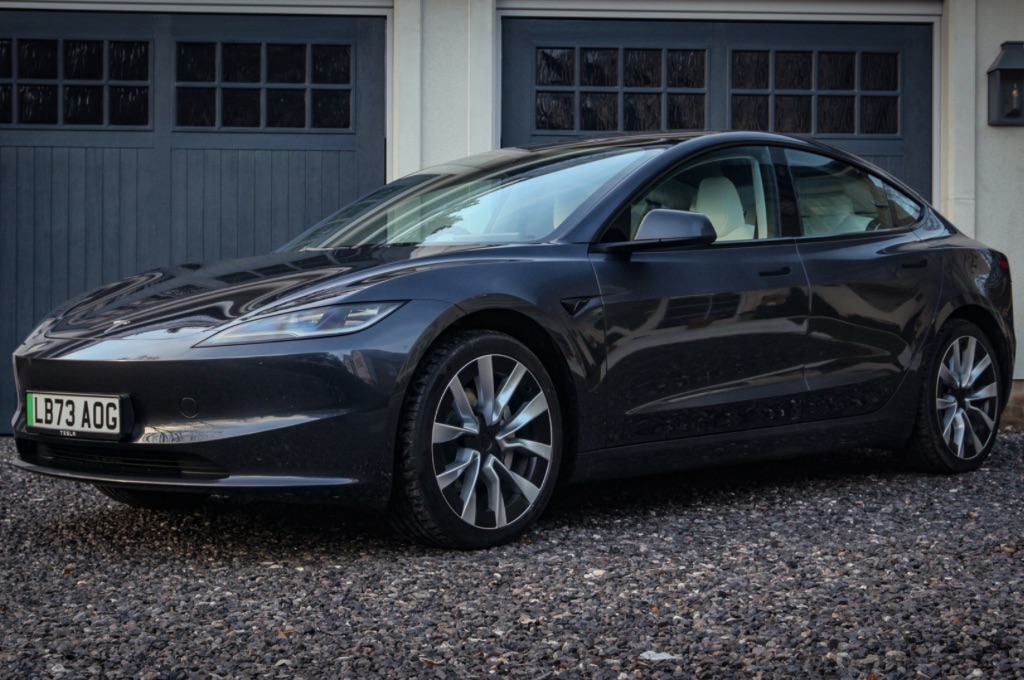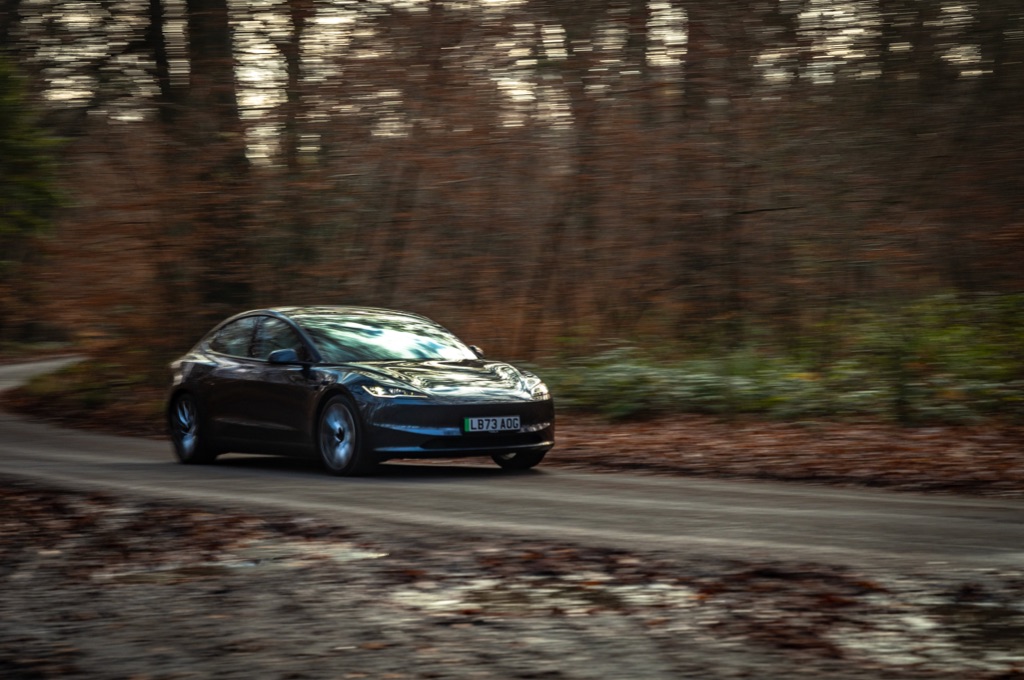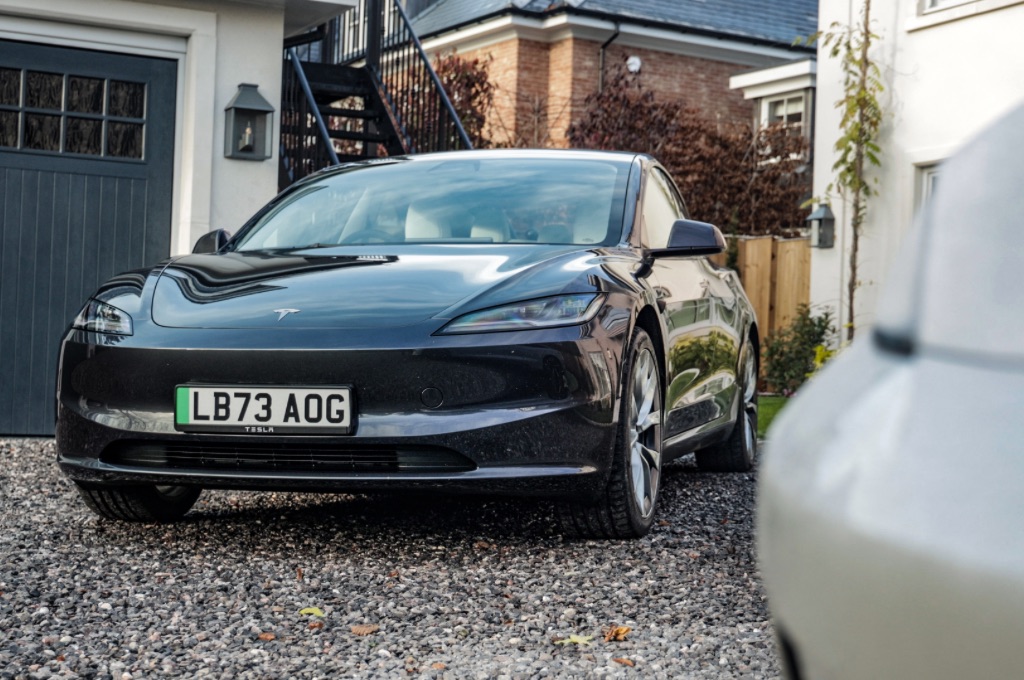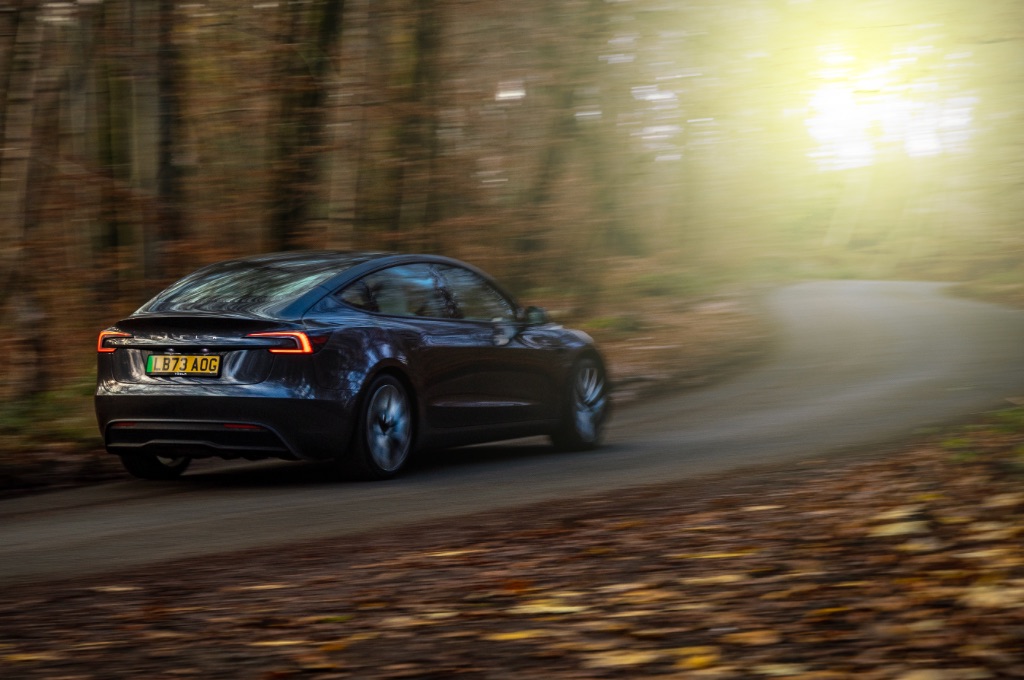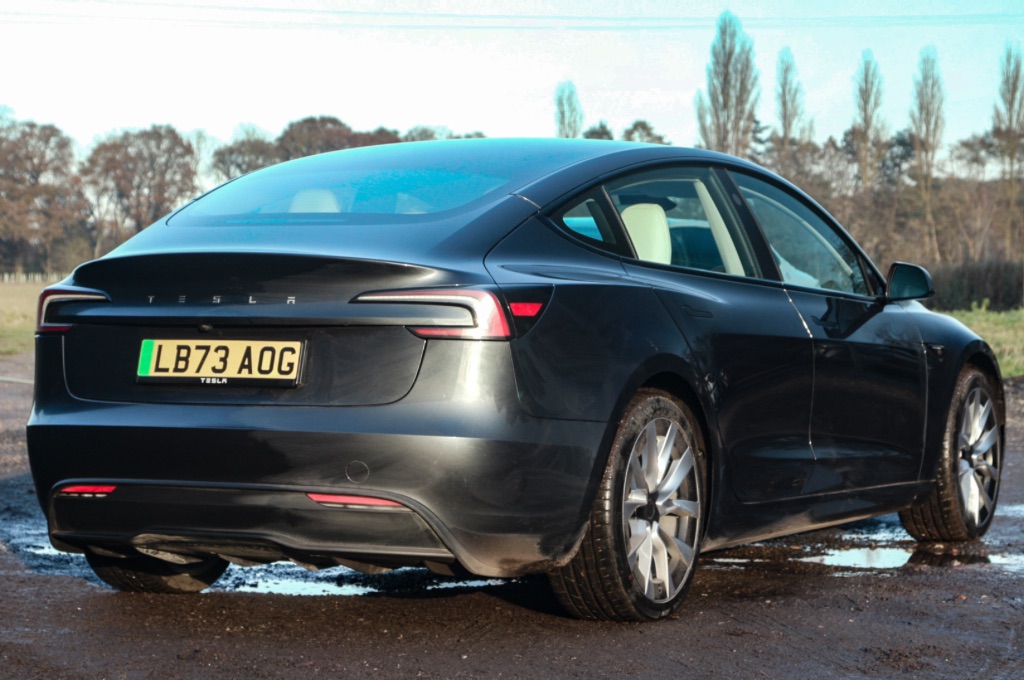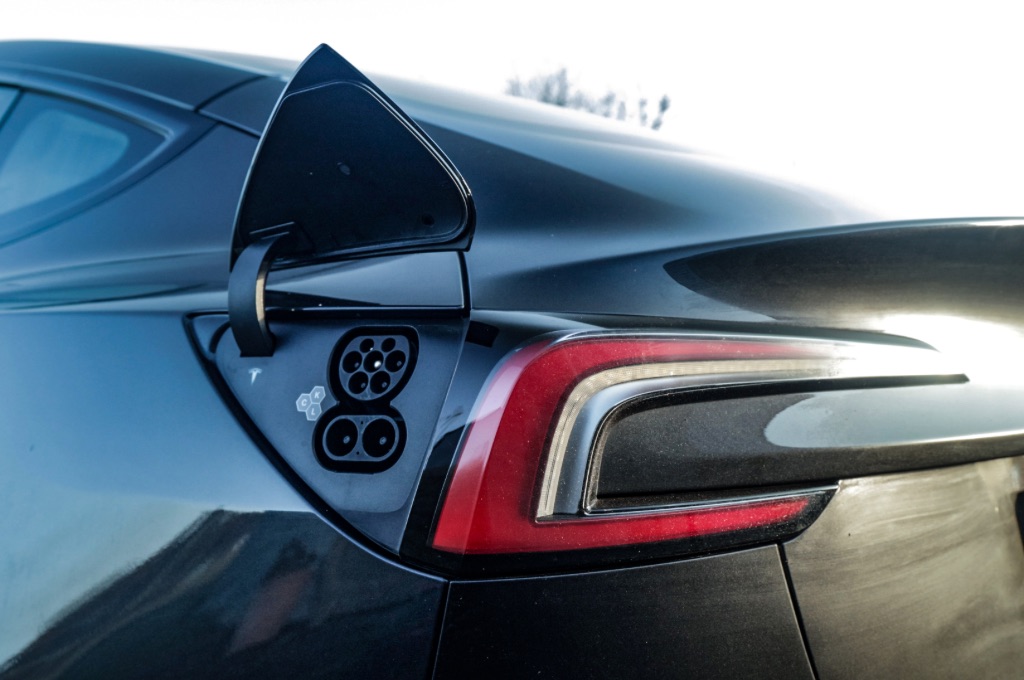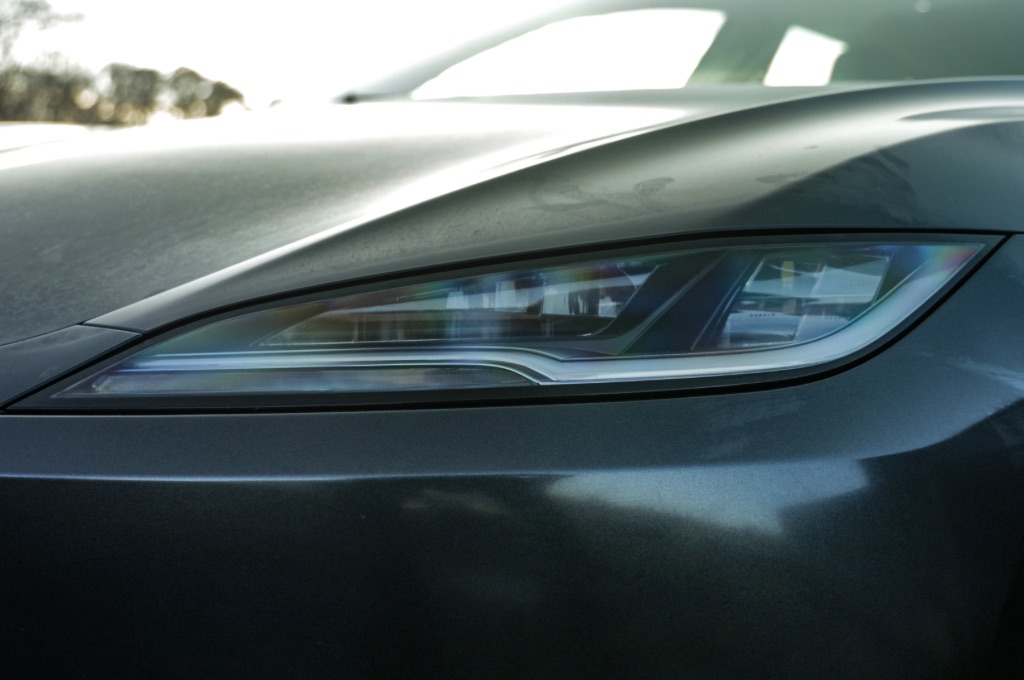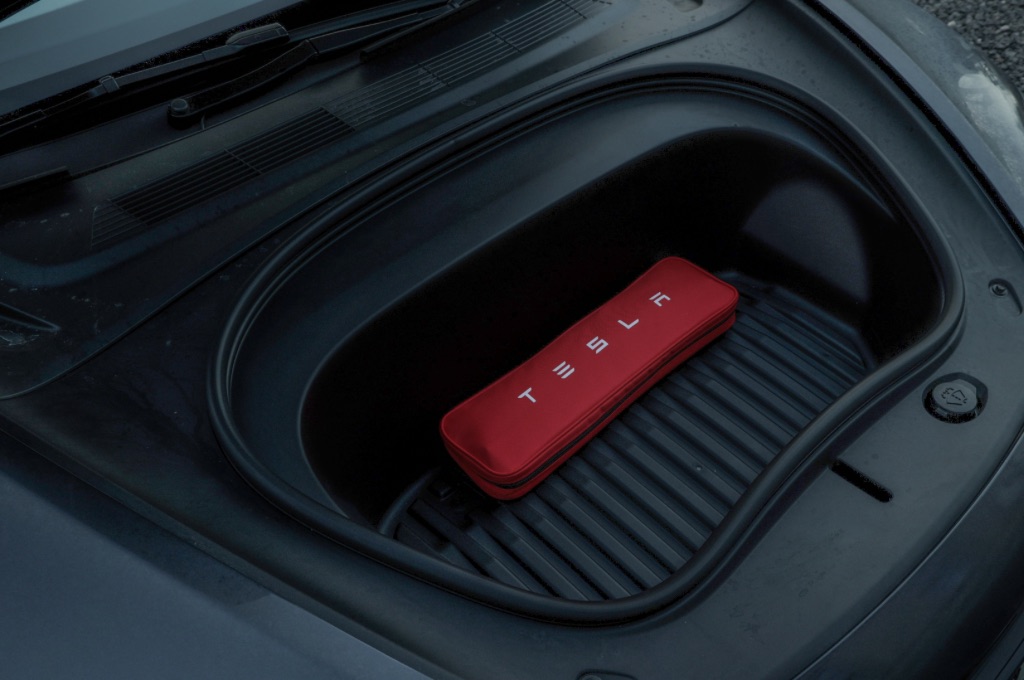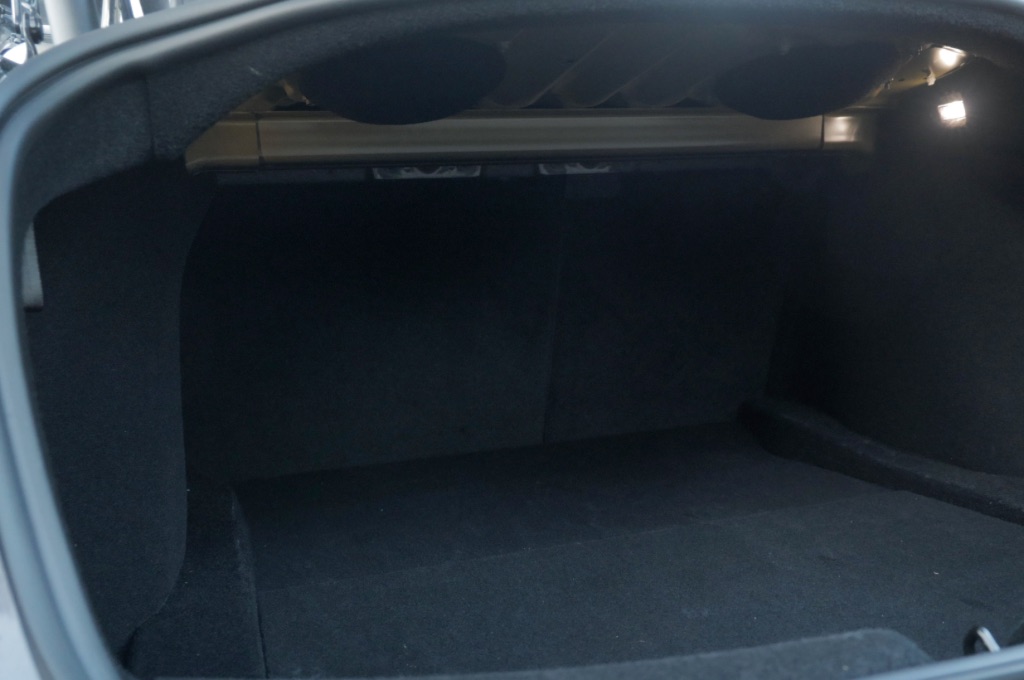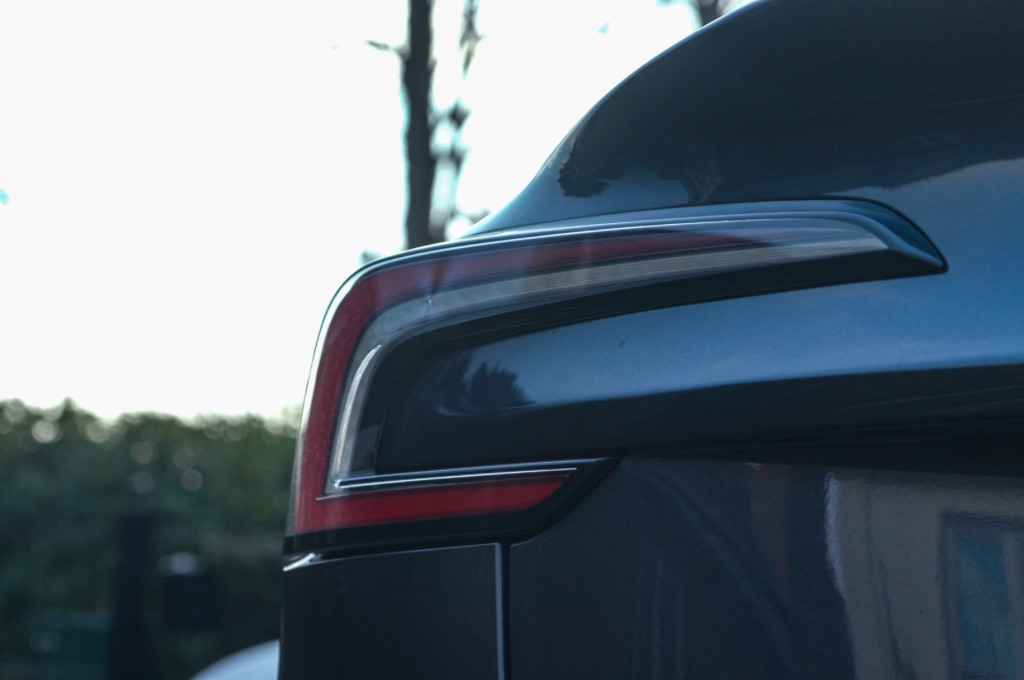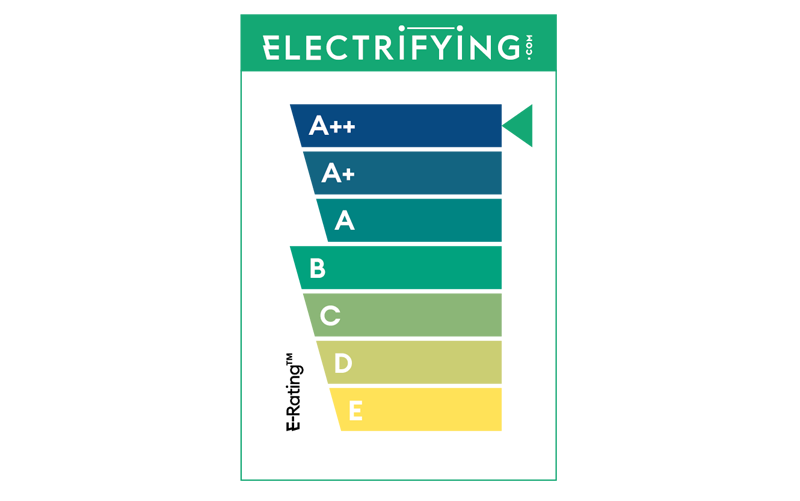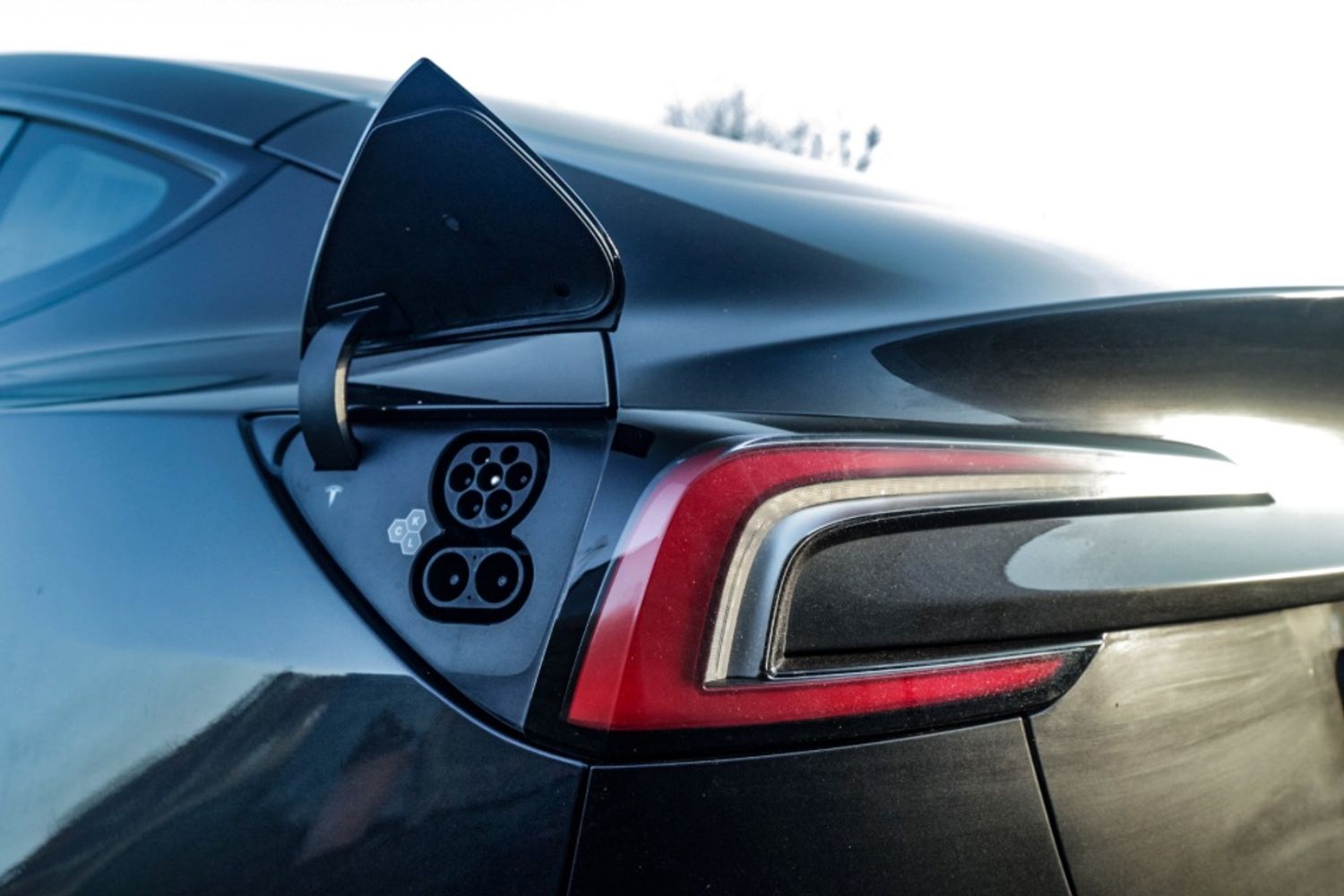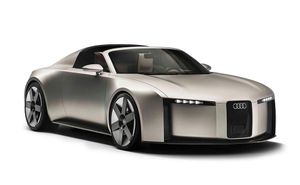Range
The standard model (simply called Model 3) uses a single electric motor driving the rear wheels. It also makes do with a smaller battery compared with the other two versions, but it is still an impressive alternative to a prestige petrol or diesel car such as a BMW 3 Series. After some small updates in 2025, maximum range stands at 323 miles.
The Model 3 Long Range RWD gets a bigger battery and the longest official range of any Model 3, with a claimed WLTP range of 466 miles. The Long Range AWD manages 444 miles miles despite the additional electric motor for four-wheel drive, while the range on the comically fast Model 3 Performance drops to 354 miles (yet it'll also do 0-60mph in 2.9 seconds...) You'll have to look to much more expensive options like the Mercedes EQS or the new BMW iX3 to go much further to a single charge.
Battery
Tesla doesn't officially publish its battery capacities, but it's accepted that a 55kWh battery pack powers the standard model with a bigger 75kWh unit fitted to the Long Range and the Performance models. Both are smaller versions of the batteries fitted to the larger Tesla Model S saloon and Model X SUV - neither of which are on sale in the UK, any more. Think carefully about which version of the Model 3 you choose, as the cost jump from the standard model to the Long Range is a whopping £5,000 - that’s a big price to pay if you aren’t using the extra range regularly - especially since the average car journey in the UK is only 8.2 miles!
Charging
The Tesla Supercharger charging network is substantial, reaching every corner of the UK and covering nearly every major road and motorway. It is one of the main reasons why so many buyers choose a Tesla. You’ll have to pay to use them, but the costs are reasonable and the billing is easy. In addition, the Model 3 can also use other CCS-type rapid chargers, expanding the number of places you can fast charge the car into the thousands. Put simply, only other Tesla models have quite so many options when it comes to roadside charging.
It will take up to 30 minutes to charge your car from 10% to 80% on the Tesla Supercharging network, while a charge on a 7.2kW home charging unit will take around 7 hours.












